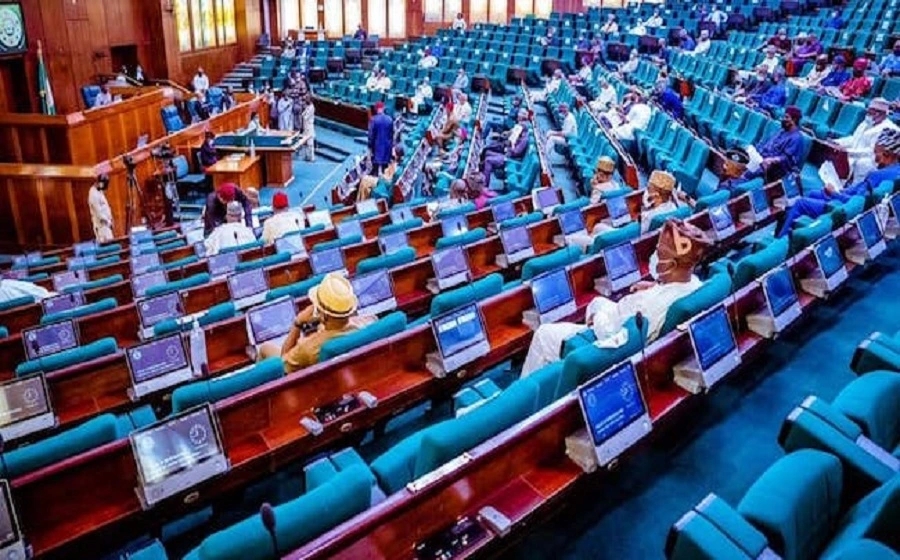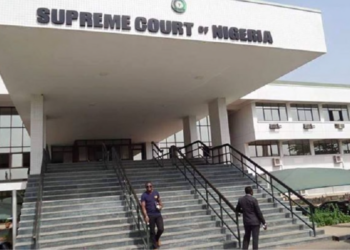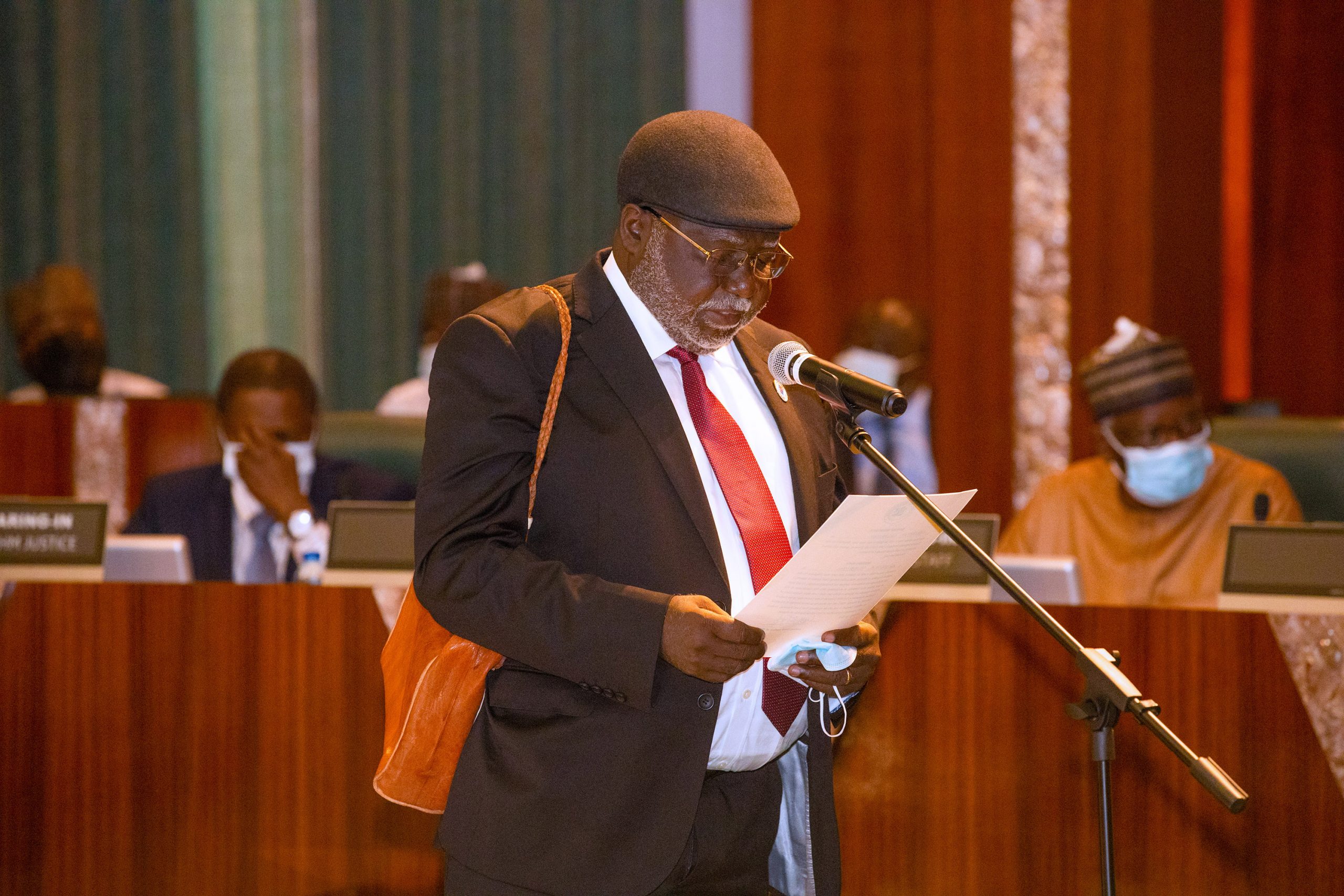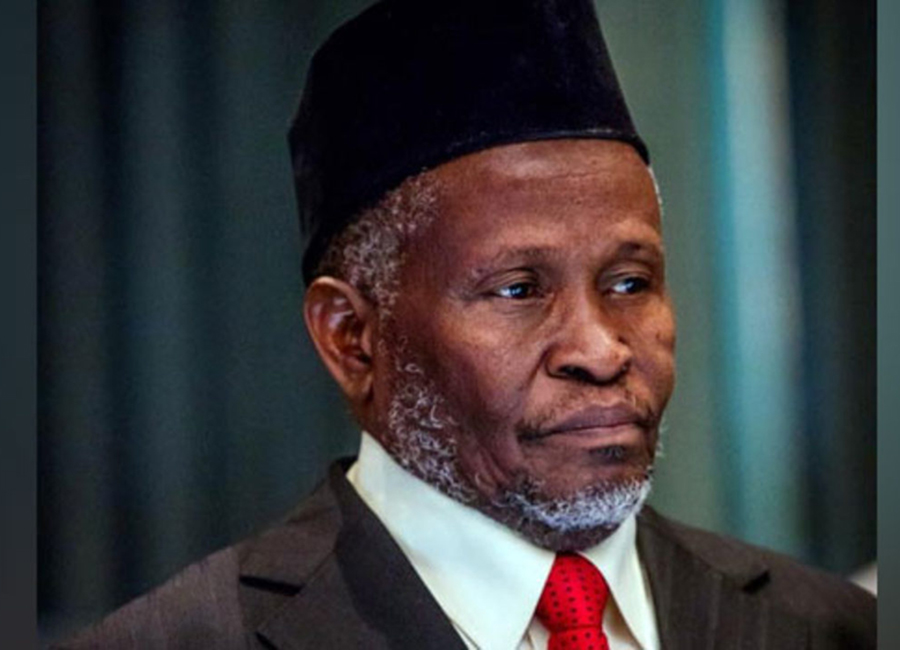As part of the measure to contain the spread of the coronavirus pandemic, the Chief Justice of Nigeria (CJN), Justice Tanko Muhammad, has directed all the Chief judges (at federal and state high courts) and to take urgent steps towards the decongestion of the correctional facilities (prisons).
This directive is contained in a circular which was issued by Justice Muhammad, on Friday, May 15, 2020, in his capacity as the Chairman of the National Judicial Council (NJC) to all the Chief Judges and Heads of courts in the country.
This directive seems to be a reaction to the recent request by President Muhammadu Buhari, that the Chief Justice of Nigeria, should release some categories of prison inmate, who have been awaiting trial, in order to reduce overcrowding at these correctional facilities.
This also conforms with the call by the United Nations that countries should consciously reduce the population of prison inmates since physical distancing and self-isolation in such conditions are practically impossible.
(READ MORE: COVID-19: WHO lists what needs to be done before restrictions are relaxed)
According to the CJN, ‘’From available records, the inmates’ population at various custodial centres across the country presently stands at about 76,127 out of which 52,226 are awaiting trial persons (ATPs). Most of these custodial centres are presently housing inmates beyond their capacities and the overcrowded facilities pose a potent threat to the health of the inmates and the public in general in view of the present circumstances, hence the need for urgent steps to bring the situation under control’’.
He said, ‘’Considering the above, it has become imperative for your Lordships to embark on an immediate visit to all custodial/correctional centres within your respective states to identify and release deserving inmates, where that has not been done already.’’
During the requested visits, the Chief Judges are expected to consider the conditional or unconditional release of Awaiting Trial Persons (ATPs) who have spent 6 years or more in custody, ATPs who have no confirmed criminal cases against them, aged inmates and terminally ill, who may be discharged.
Also to be considered for release are those with health issues, low-risk offenders, those with no sufficient legal basis to remain in custody, those convicted for minor offences with or without option of fines and those who have less than 3-year term left to serve having served a substantial term of their service for offences that attract 5 years and above, and so on.
The CJN, noted that a report on the proposed visits is required to be sent to him for compilation and onward transmission to Presidential Committee on correctional service reform and decongestion secretariat, federal ministry of justice, Abuja.























